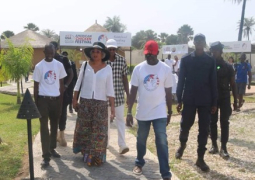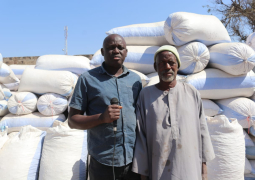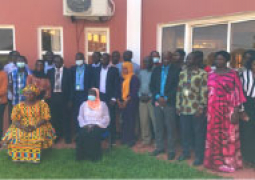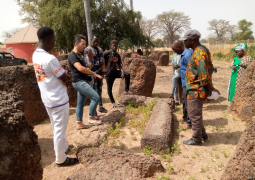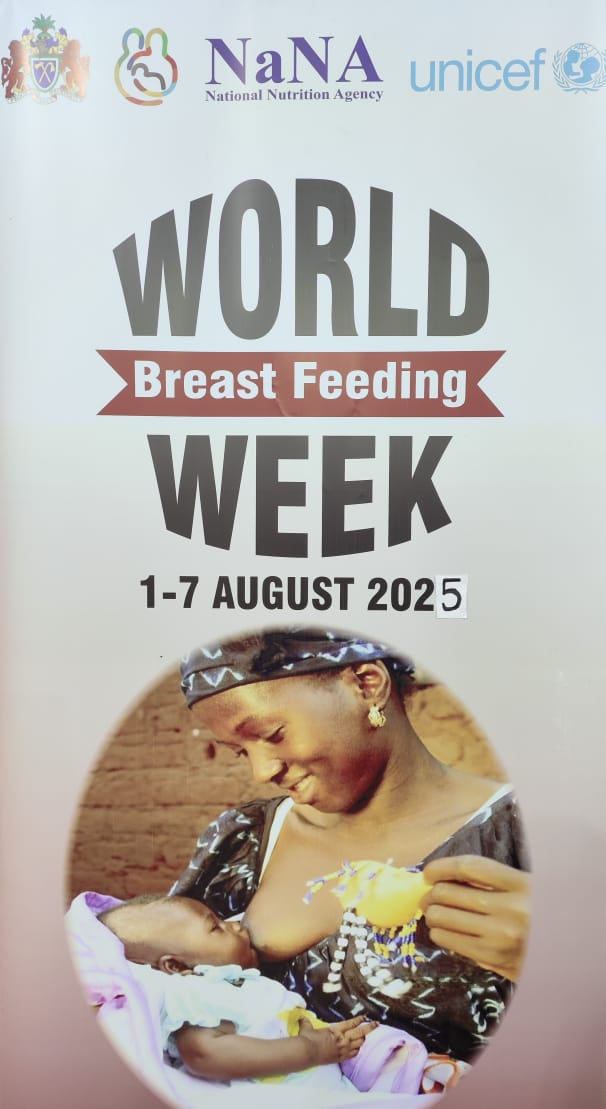
The celebration was launched with a press briefing held on Thursday, 7th August, at the NaNA conference hall, bringing together media partners and stakeholders committed to promoting breastfeeding as a vital public health and environmental issue.
This year’s theme, “Prioritise Breastfeeding: Create Sustainable Support Systems”, places emphasis on the intersection of breastfeeding, environmental sustainability, and climate change. It highlights how breastfeeding contributes to a healthier planet by reducing the environmental impact of artificial feeding, while also promoting infant health and development.
The commemoration will span a week, featuring a series of radio and television programmes, as well as print and digital publications aimed at raising awareness about the benefits of exclusive breastfeeding and the need for continuous support systems.
The objectives of WBW 2025 include: Informing the public about their role in creating supportive and sustainable environments for breastfeeding; anchoring breastfeeding support as a key component of environmental sustainability’ engaging individuals and organisations to enhance collaboration and advocacy, and galvanising action to connect breastfeeding support systems across sectors.
Speaking at the briefing, Bakary Jallow, Deputy Executive Director of NaNA, described breastfeeding as a natural and renewable source of nutrition that is environmentally safe, adding: “Breastfeeding is produced and delivered without pollution, packaging or waste. It is a sustainable solution that benefits both the planet and its people,” he stated.
Jallow emphasised that prioritising breastfeeding can significantly reduce the climate impact associated with artificial infant feeding supply chains. However, he noted that breastfeeding can be challenging without adequate information and support.
He further explained that World Breastfeeding Week was established by the World Alliance for Breastfeeding Action (WABA), in collaboration with the World Health Organization (WHO) and UNICEF, to promote exclusive breastfeeding for the first six months of life, and continued breastfeeding up to two years or beyond.
“Every child should be breastfed exclusively for six months, followed by continued breastfeeding with appropriate complementary food for up to two years and beyond—regardless of background or status,” he added.
Fatou A. Darboe, Programme Manager at the Directorate of Health Promotion and Education, described breastfeeding as the foundation of food security, disease prevention, and emotional bonding.
“It is nature’s first vaccine, the first food system, and the first act of love and protection,” she said.
Darboe stressed the importance of building sustainable support systems that extend beyond World Breastfeeding Week. She called for year-round investment and integration across multiple sectors including health, education, labour, social protection, and media.
She also highlighted the need to address the diverse needs of all mothers, including working women, adolescents, mothers with disabilities, and those in humanitarian settings.
As the Gambia joins the global effort to promote breastfeeding, NaNA and its partners are urging continued collaboration and investment to ensure that breastfeeding is prioritised not just during World Breastfeeding Week, but throughout the year.
Read Other Articles In National News
